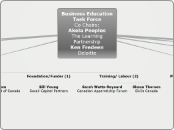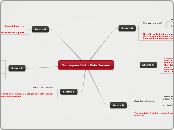door Albert Ferranco 10 jaren geleden
416
12th Grade History/Social Science Content Standards Framework
The content delves into various key aspects of sociopolitical and cultural literacy. It emphasizes the importance of understanding economic principles such as opportunity cost, marginal benefit, and marginal cost.









